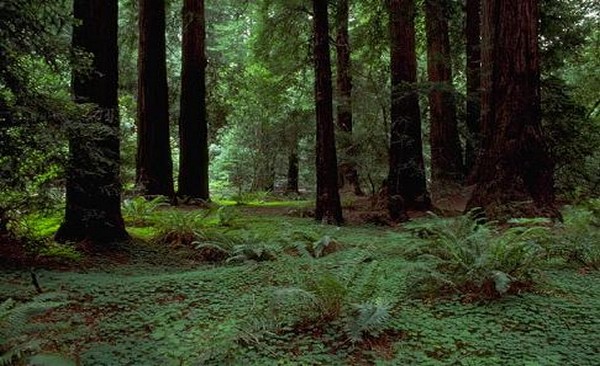11 Dec 2024

Tired Earth
By The Editorial Board

An international team of scientists has issued a warning that biodiversity is dropping below safe levels for the support and wellbeing of human societies.
As a species we are inextricably connected with the processes of our local ecosystems, such as crop pollination, waste decomposition and regulation of the carbon cycle.
These ecosystems depend on the biological diversity within them to function.
The planetary boundaries framework updated in 2015 states that losing more than 10% of the biodiversity in an area places the local ecosystem at risk.
A report in Science this week states that 58% of the world's land coverage already falls below this safe level. They find that the global average of biodiversity has dropped to 85% of that of unaffected ecosystems.

Ascertaining the level of biodiversity loss that an ecosystem can endure is not straightforward and will be dependent upon individual ecosystems. Therefore a definitive level of 10% loss must be taken with caution.
Co-author Prof Andy Purvis, from Imperial College London and the Natural History Museum, explained: "Once we're the wrong side of the boundary it doesn't mean everything goes wrong immediately, but there is a markedly higher risk that things will go badly wrong."
Trying to further refine the "safe" value of 10% also produces risk, by increasing the value and allowing even further degradation of ecosystems irreversible damage could occur.
Adding credibility to the report, Owen Lewis, professor of ecology at Oxford University, who was independent of the research, told the BBC: "This is definitely a situation where the precautionary principle needs to be applied: we can't afford to wait to see the long-term consequences of degradation of natural ecosystems."
The team explained that we are now approaching a situation where human intervention may be needed to sustain ecosystem functions. With levels of biodiversity loss so high, if left unchecked, they could undermine efforts towards long-term sustainable development.
Dr Tim Newbold, from University College London (UCL) and part of the team delivering the report, explained to the BBC: "The loss of biodiversity will reduce the resilience of ecosystems in the face of environmental changes such as global warming."
The report provides the most detailed global analysis of biodiversity to date, with over 1.8 million records, providing an accurate view of the current state of the Earths decline in biodiversity.
"We hope that the report will inform policy makers and debate on how we use the Earth's land," said Dr Newbold.
Source : www.bbc.com
Comment